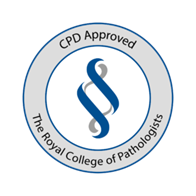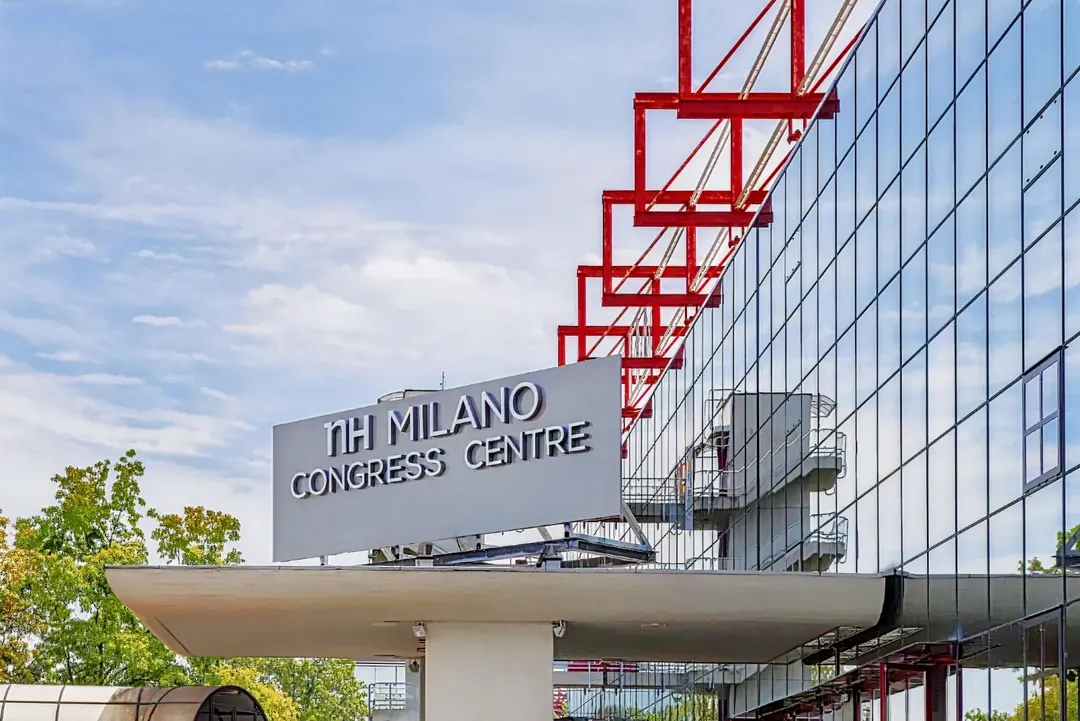11th Advances Against Aspergillosis & Mucormycosis Conference
25th-27th January 2024, Milano
Welcome
We are excited to once again assemble many of the leading clinicians and scientists from around the world for the 11th Advances Against Aspergillosis and Mucormycosis conference, which will be held both in-person and online on 25th-27th January 2024 in Milano, Italy. At this meeting we are also celebrating the 22nd year of Advances Against Aspergillosis activity, beginning with the initial supplement in Clinical Infectious Diseases that originated in 2002.
AAAM2024 endorsed by


The conference
This conference has now clearly established itself as the premier forum for detailed and dedicated discussion of all aspects of Aspergillus infection and research and mucormycosis pathogenesis, diagnosis, and treatment. The hybrid event will host speakers, posters, and abstracts in-person and online. Speakers from around the world will present in Milan and online to our global audience with interactive discussions led by a variety of chairpersons. Our poster presentations will not only be available onsite during the conference, but in short videos prepared by poster authors available on our online event platform. Continuing education credit will be arranged through the Royal College of Pathologists in London, which will provide appropriate CPD and CME credit for participants.
| Meeting | Year | Location | Attendees | Countries represented |
|---|---|---|---|---|
| 1 | 2004 | San Francisco | 364 | 28 |
| 2 | 2006 | Athens | 464 | 44 |
| 3 | 2008 | Miami | 351 | 48 |
| 4 | 2010 | Rome | 533 | 49 |
| 5 | 2012 | Istanbul | 375 | 39 |
| 6 | 2014 | Madrid | 342 | 33 |
| 7 | 2016 | Manchester | 363 | 38 |
| 8 | 2018 | Lisbon | 334 | 38 |
| 9 | 2020 | Lugano | 152 (375 registered) | 27 (37 registered) |
| 10 | 2022 | Virtual | 351 | 36 |
The field
Advances in knowledge, diagnostics, and treatment have been made in both the Aspergillus and mucormycosis fields in recent years. Aspergillus is a growing field and with new antifungals on the horizon, advances in point-of-care diagnostics, and substantial advances in translational, immunologic, epidemiologic, and diagnostic research.
Similarly, the mucormycosis field is advancing with novel studies in pathogenesis and diagnostic options. With all these advances it is an exciting time for mycology particularly looking at:
- The new antifungals with novel mechanisms of action or inhaled delivery systems.
- Pan-azole, and echinocandin Aspergillus resistance emerging which requires unique approaches, and combination therapy remains an important area of interest for both aspergillosis and mucormycosis.
- Greatly increased awareness of allergic aspergillosis opening new opportunities for both antifungal agents and immunotherapies.
- Integrated diagnostic approaches continuing to make progress, and recent guidelines offer increased diagnostic insight.
Unfortunately, there is a continuing high death toll from invasive aspergillosis and mucormycosis, including some patient groups not usually associated with this opportunistic infection. Overall, this bad prognosis underlines the importance of preventive approaches such as chemoprophylaxis or environmental prevention. With this in mind, it has never been more important to connect and stay up to date with the latest research.
This meeting is another chance to gather the world’s aspergillosis and mucormycosis experts in one venue. A fundamental tenet of this colloquium continues to be to develop collaborative relationships amongst clinicians, scientists, and industry to further advance the field.
